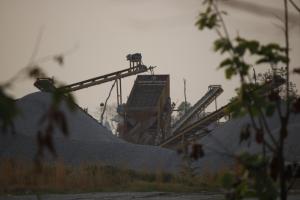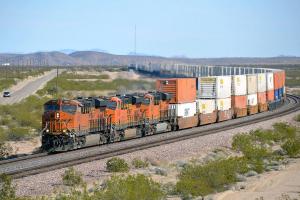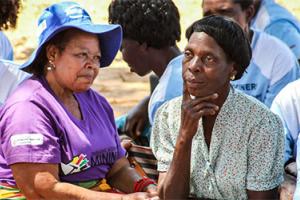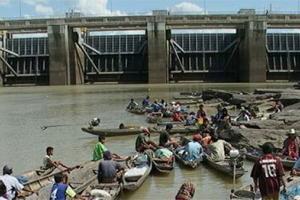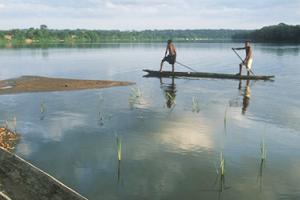Large-Scale Mining
Fueled by ever-increasing demand and the boom-and-bust cycles of global commodity markets, large-scale mining destroys forests and pollutes soil, air and water. Violent conflicts, sexual exploitation, criminalization and displacement of communities living in forests destroyed for mining, are examples of social impacts that are inherently linked with the mining industry.
The mega-infrastructure corridors prioritized in ambitious investment programmes spanning the african continent are squarely focused on facilitating the export of minerals and agricultural commodity crops and the import of processed foods and manufactured goods.
The extractivist paradigm in Southern Africa threatens the lives and livelihoods of peasant communities, in particular women and girls: From the Tete Province in Mozambique, where women confront water scarcity and pollution to Zimbabwe’s Marange community, where militarised and often sexualised violence haunts women’s daily lives.
